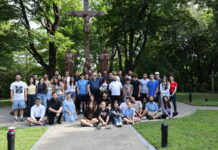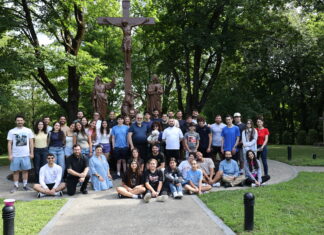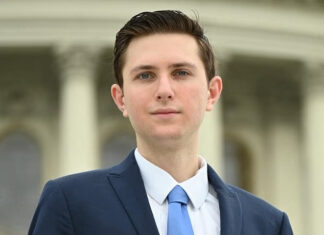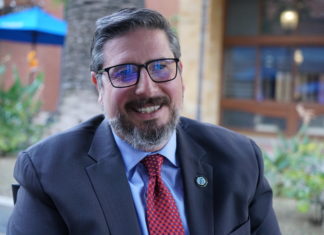By Florence Avakian
Special to the Mirror-Spectator
NEW YORK — Meeting with philanthropist Aso O. Tavitian for first time is a surprise. A reserved, thoughtful and polite man who has been a pioneer in the technology world, and a quiet generous benefactor to Armenian causes, he blossoms when he describes the many steps along his life’s journey, and talks about his vast art collection which adorns his spacious and elegantly furnished townhouse off Fifth Avenue.
His professional life has been a veritable Who’s Who in the computer software area where he was co-founder and the CEO from 1975 to 2008 of Syncsort Inc. (from Synchronized Sorting). Since 2008 he has devoted his life to helping his fellow men in Armenia, Artsakh, and America with generous contributions to several educational, religious, artistic institutions and endeavors.
Aso (Assadour) Ohanes Tavitian was born in Bulgaria to parents who were survivors of the 1915 Genocide in Turkey. His well-to-do family had lost not only all its material possessions, but the lives of loved ones as well. After escaping to Bulgaria, they had rebuilt their fortunes, to only lose their material possessions once again to the Communists when the Communists took over Bulgaria at the end of the Second World War. Thus, Tavitian grew up in an environment where the loss of one’s material possessions was not viewed as “the end of the world.” “It was understood,” he says, that “you just get back on your backside and make it back again. Implicit was that anything is possible.” When he reflects back on his professional career as an entrepreneur and businessman, he feels that this was an important component of the reasons for his success. “My company had one of the highest profit margins in the software industry,” he says, “but I was never after the money, per se. When the money is not the primary objective, one’s risk assessments and priorities take on different considerations. What turned me on was the building of an organization and creating an environment where intelligent people liked to work and create the best products that beat the competition decisively. And I think that this perspective was a direct consequence of the environment that I grew up in.”



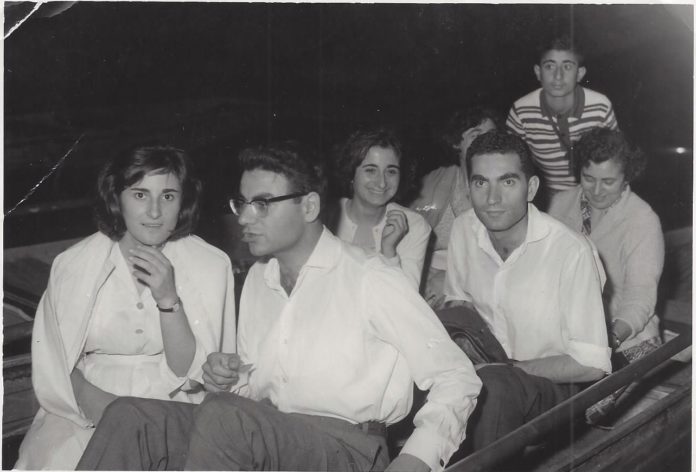
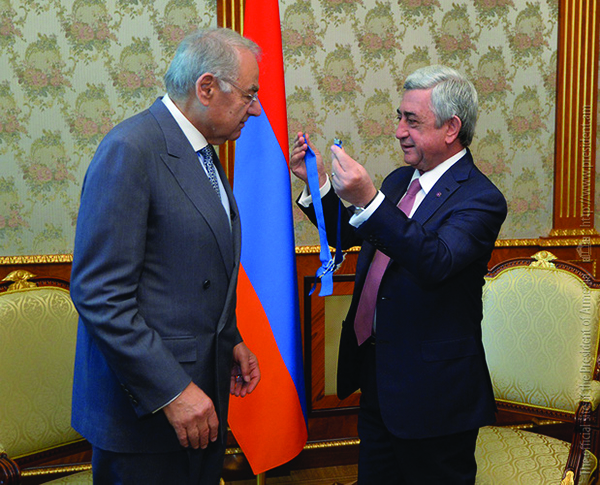 The “anything is possible” attitude has been helpful in many aspects in his life. Having moved from Bulgaria to Beirut, Lebanon, at the age of 19, he learned English in the span of three months in order to be accepted to college with a full scholarship. However, Tavitian still needed to somehow cover his living expenses. In the last minute, as he was considering the possibility of not being able to benefit from the scholarship, the school awarded him living expenses, as well. Eighteen months later, when he was leaving Beirut for the United States, he discovered by accident that his living expenses had been funded anonymously by his high school English teacher, Antoan Kehayian, referred to by everyone as “Sir.”
The “anything is possible” attitude has been helpful in many aspects in his life. Having moved from Bulgaria to Beirut, Lebanon, at the age of 19, he learned English in the span of three months in order to be accepted to college with a full scholarship. However, Tavitian still needed to somehow cover his living expenses. In the last minute, as he was considering the possibility of not being able to benefit from the scholarship, the school awarded him living expenses, as well. Eighteen months later, when he was leaving Beirut for the United States, he discovered by accident that his living expenses had been funded anonymously by his high school English teacher, Antoan Kehayian, referred to by everyone as “Sir.”
